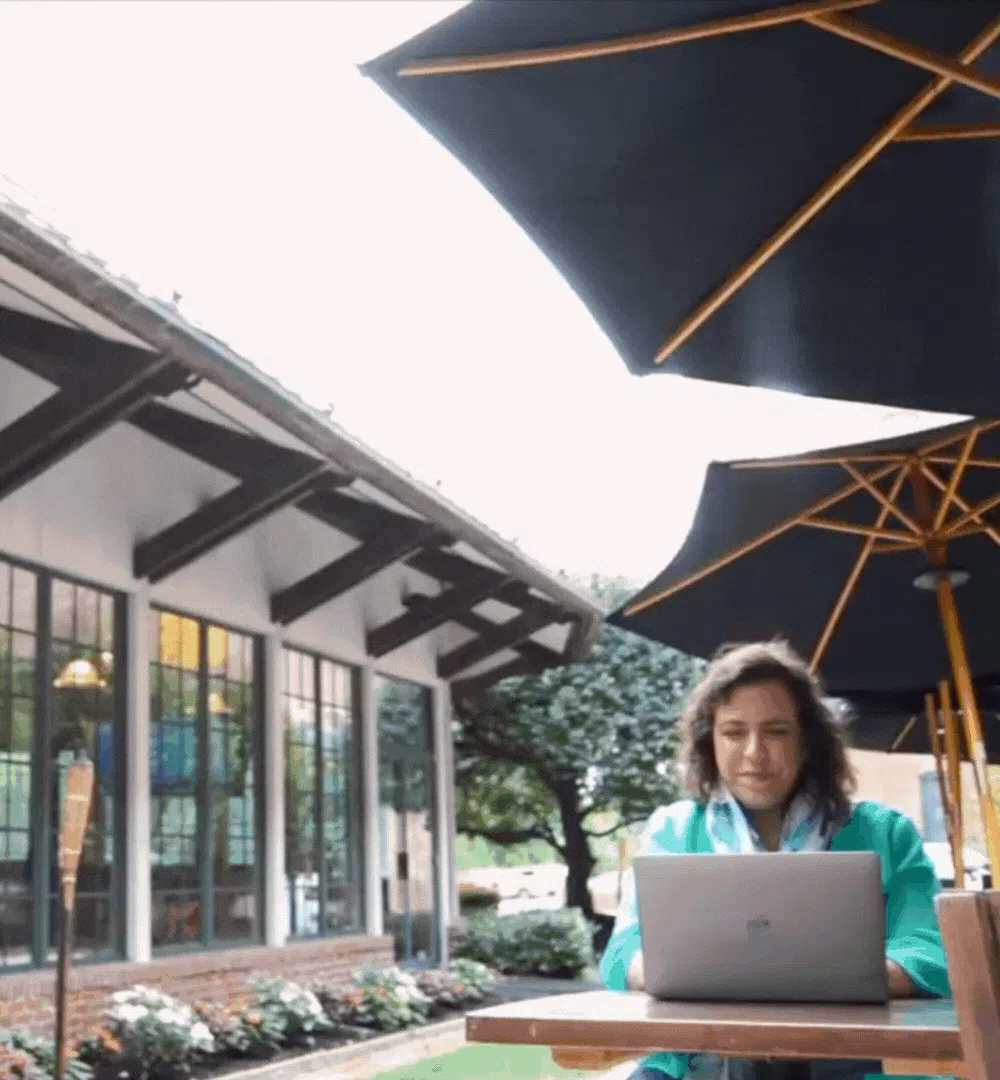Reignite
Your Career,
On Your Terms

P o w e R
C L A R I T Y
F R E E D O M

Helping senior leaders solve human problems at work, outside the org through high-ticket coaching and advisory, or inside the org through political mastery.
You gave them decades. Vacations missed. Family dinners skipped. Weekends sacrificed at the altar of your job. And still, one reorg, one AI roll-out, one 28-year-old boss and you’re invisible.
If you’re still working but burning out, it’s time to Reignite.
If you are ready to secure your role and step into leadership, it's time to Accelerate to Leadership
If you’re stuck, out of work and ready to land a leadership role, it’s time to Land with Power.
Either way: stop building someone else’s empire.
It’s time to build your own.
Trusted by
20+ Years Leading
$1B+ Tech Initiatives
800+ High-Achieving
Leaders Coached
$25M+ in Client
Promotions & Contracts

Does This Sound Like You?
The Laid-Off Leader Who Can’t Believe It Ended Like This
You gave them 10, 15, 20 years. And they gave you two weeks and a COBRA packet. You’re still processing the grief, the anger, and the shame but beneath it, you know you’re not done. You didn’t come this far to become disposable.
The VP Who’s Tired of Pretending Everything’s Fine
On paper, you're killing it. Behind the scenes, you’re exhausted, dreading Monday, and wondering how much longer you can fake your way through a system that no longer fits. You’ve climbed the ladder and now you’re wondering why it still feels empty. You’re not lazy. You’re just done pretending.
The Quietly Furious, One Reorg Away From Being Out the Door
You see the writing on the wall. AI, budget cuts, a bloated org with no strategy. You’ve survived three reorgs and a toxic skip-level. But you’re done surviving. It’s time to build something they can’t take away.
The Leader Asking: “I Gave Up My Health and Sanity For This?”
You sacrificed everything—sleep, weekends, your gut health for a mission that changed mid-year and a VP who didn’t notice. You’re done betraying yourself for “visibility” that never comes. You want a career that actually honors what you bring.

Working with Lynne is life changing
It changed my entire career trajectory. I am now a Known Expert in my Field, doing consulting work that exceeds my previous income over $250K.
Michael | Industry Thought Leader and Consultant

From Overwork to Fractional Leadership
If you want a checklist, this isn’t the program.
But if you want to learn how to truly navigate and lead authentically, this program will change everything.
Heather | Fractional COO and CPO

From Out of Work to $40K Projects
I went from being out of work, struggling to find my footing, to starting my consulting firm. I just landed my first $40K project within weeks of joining Lynne's Program. I have control. I am doing what I love. And it is even fun!
Carla | Marketing Consultant

From Struggling founder to Signing Her First Client
I have been trying to build my consulting practice for a year. I was spinning. Zero clients. Zero leads. With Lynne's guidance, structure, and frameworks, I landed my first client 5 weeks into the program.I went from worried about paying the rent to a lucrative consulting business.
Lee | Tech Consultant for CPG Industry

Hi, I'm Lynne Levy!
I built other people’s dreams. Hustled nonstop. Climbed into leadership until cancer stopped me cold. I realized I didn’t want to spend the rest of my life in back-to-back fire drills, sacrificing my health, relationships, and joy for someone else’s bottom line.
So I walked away from the chaos. From scratch, I built a multi-million-dollar coaching and consulting business and have helped over 800 high-achieving leaders design careers they actually want without burning out, selling out, or playing politics.
I’ve lived it, built it, and I’ve created the roadmap so you don’t have to figure it out the hard way.
My Programs
Reignite Your Next Chapter
Reinvent your career on your terms
You’re not done just done playing small. You’ve led teams, shipped products, and built billion-dollar dreams for someone else. Now it’s your turn.
Reignite helps high-performers build income, identity, and impact on their terms through consulting, coaching, or fractional offers that finally pay off. Imagine freedom, control, and earning $20K-30K per month, on your terms. For leaders ready to do their own thing:
Reclaim clarity + influence
Protect your energy
Lead without selling out
Political Mastery in the Age of AI
Build Your Political Intelligence. Earn Your Next Title.
Lead through the noise.
Level up without selling your soul to politics.
Communicate like a strategist.
Land With Power
Land your next Leadership role and build your safety net
You’re sending résumés into the void. You’re exhausted. This program helps high-achievers land the right leadership role with speed and clarity while quietly building a Plan B. Because career security doesn’t come from job titles anymore. For leaders sidelined or stuck in the job search:
Land fast with clarity
Escape the resume black hole
Build a safety net they can’t touch
What Your Life Could Look Like?
1
Lead without Firefighting. Stop cleaning up other people’s chaos and focus on work that actually excites you.
2
Take time off without panic because your business and career runs on systems, not just hustle.
3
Take Time off Without Fear. Your career (or business) runs on strategy and systems not panic and hustle.
4
Do work that excites you instead of firefighting chaos created by others.
5
Wake up energized instead of dragging yourself through another soul-crushing day.
6
Find your rhythm. One that fuels ambition without burning you out.

How I Work With Clients
Clarity | Commitment | Respect
I’ve coached over 800 high-achieving professionals from laid-off execs to rising leaders through reinventions, promotions, and consulting launches.
And I’m always refining how I deliver that impact. My programs evolve based on real client feedback: more structure, clearer expectations, and an increase in high-touch support that meets the moment. If you’re ready for honest, strategic work that gets results, you’ll thrive here.
I offer a free clarity call so you can make an aligned decision before you enroll. If you join and realize within 14 days that it’s not the right fit, you can exit and only be charged for that time. After that, all sales are final because this work requires full commitment from both sides. You don't need to commit today. Just take the next step.

9 Steps To
Reignite Your Career
A free guide to help seasoned tech leaders who are ready to drive their legacy, do their own thing leveraging all of their brilliance from their career to drive their next chapter.
